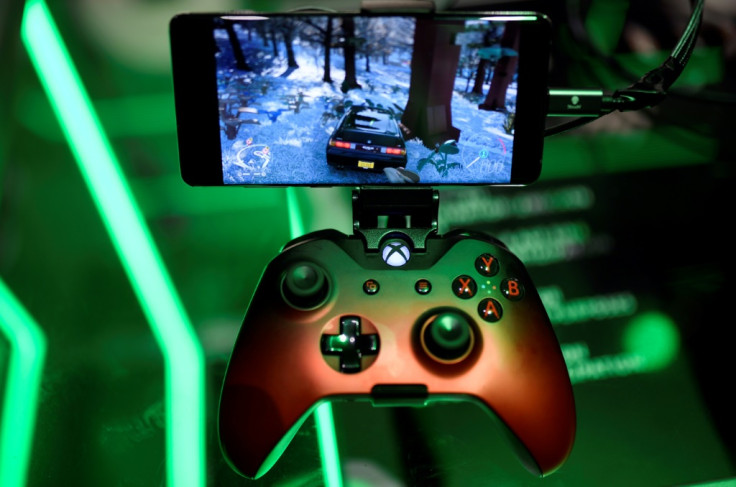Children who play video games show better communication skills, mental ability: Survey
These kids also attested to improved literacy skills, and even enhanced creativity.
There are always two sides of the coin when it comes to children playing video games. Some parents are more liberal in allowing their children more screentime, but others may not be as permissive. A recent survey may help clear the air especially for those who do not like the idea since it suggested that those kids who play video games showed improved communication skills, literacy, and mental well-being.
A survey conducted across the UK by the National Literacy Trust (NLT) of 4,626 young people, whose ages were between 11 to 16, evaluated the literacy of young people in relation to video games. It sought to look into the relationship between literacy engagement and video games among school children.
The results of the survey showed that a great number of the participants in the survey who played video games attested to their improved literacy skills, with boys benefiting more than girls.
In terms of reading and their confidence in reading skills, 35.3 percent of the children believed that playing video games turned them into better readers. Approximately 79.4 percent would read video game materials, which would include reviews, blogs, books, and even in-game communications.
Aside from reading, the survey also found that it encouraged the creativity of young people in writing. Around 62.5 percent would write something that has a relation with video games. These kids would write video game scripts, fan fiction, blogs, reviews, or even advice to other fellow players.
Another aspect where playing video games supposedly posed a benefit among children was in terms of positive communication with family and friends. According to the NLT, these children shared cultural experiences, where 76.3 percent would talk to their friends regarding video games, helping them build social connections along the way. They also establish these connections in real-life and online.
The survey also heightened empathy among 65 percent of the study participants. Playing video games helped them to imagine being somebody else.
Most of all, more than half of the young people revealed that playing video games helped their mental health. They were able to adequately deal with stress and difficult emotions. During lockdown, 55.6 percent of parents revealed that their child would chat with a friend or a family as part of playing a video game.
© Copyright IBTimes 2025. All rights reserved.






















